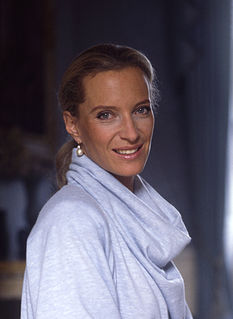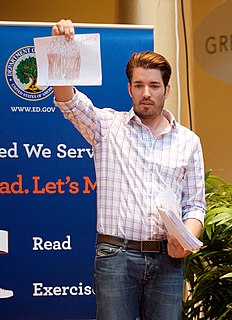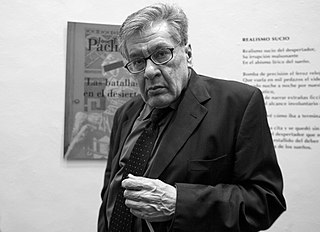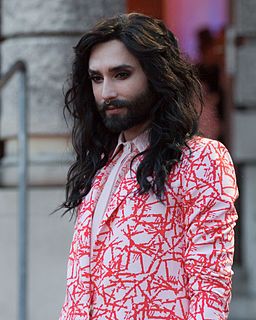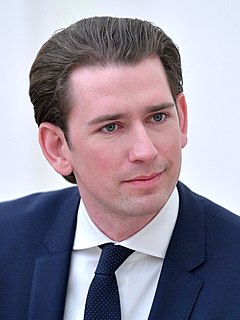A Quote by Princess Michael of Kent
I am trying to reach people who would not normally head for the history section of a book shop or a library to try to show that history would be as interesting and thrilling as a novel.
Related Quotes
The field of the novel is very rich. If you're a composer, you're well aware of the history of composition, and you are trying to make your music part of that history. You're not ahistorical. In the same way, I think, if you write now, you are writing in the historical context of what the novel has been and what possibilities it has revealed.
When one is the type of writer who cares about the meaning of the historically specific setting, the history itself is not something that I would call backdrop. It's not window dressing for a timeless relationship about love and betrayal. For me, the setting and the specific history are active co-agents with me in trying to form the novel.
Families of privilege and money would have harps in their parlors, and their cultured daughters would learn to play. It's got such a strange history. But that wasn't the context that I learned it in, so the inherent friction between that history and the more humanist folk-y history wasn't in my conscience at all.
It had been a good day, all things considered. I had managed rather well on my own. I opened Grandfather's Bible. This is what it would be like when I had my own shop, or when I traveled abroad. I would always read before sleeping. One day, I'd be so rich I would have a library full of novel to choose from. But I would always end the evening with a Bible passage.
What would happen if history could be rewritten as casually as erasing a blackboard? Our past would be like the shifting sands at the seashore, constantly blown this way or that by the slightest breeze. History would be constantly changing every time someone spun the dial of a time machine and blundered his or her way into the past. History, as we know it, would be impossible. It would cease to exist.
I was a voracious reader and the library fed my curiosity, imagination and my soul. I read by the shelf - biographies, fantasy - all and everything fed my dreams. Then as an adult whenever I would go on location the first thing we would do as a family is sign up at the closest library. Not only would we find books, but what was happening in that town, because the library is the head of the community.
I am opposing it with an idea of the history of philosophy as a history of philosophers, that is, a history of mortal, fragile and limited creatures like you and I. I am against the idea of clean, clearly distinct epochs in the history of philosophy or indeed in anything else. I think that history is always messy, contingent, plural and material. I am against the constant revenge of idealism in how we think about history.
There's a lot we should be able to learn from history. And yet history proves that we never do. In fact, the main lesson of history is that we never learn the lessons of history. This makes us look so stupid that few people care to read it. They'd rather not be reminded. Any good history book is mainly just a long list of mistakes, complete with names and dates. It's very embarrassing.
